Guinea Pepper (Xylopia aethiopica) is a West African spice often confused with black pepper but with distinct earthy-woody notes and mild heat. Unlike regular pepper, it's the dried fruit of a tree—used whole or ground in stews, spice rubs, and even desserts—offering culinary versatility for home cooks seeking authentic global flavors without overwhelming spice levels.
Guinea Pepper vs Black Pepper: Key Differences You Need to Know
Confused about Guinea Pepper vs black pepper? You're not alone. While both add warmth to dishes, they're botanically unrelated. Guinea Pepper comes from the Xylopia aethiopica tree's dried fruit pods, whereas black pepper (Piper nigrum) is a vine berry. Guinea Pepper delivers earthy, woody notes with mild-moderate heat (2,000-4,000 SHU), while black pepper offers sharper pungency with less complexity. This distinction matters when selecting substitutes or authentic African recipes.
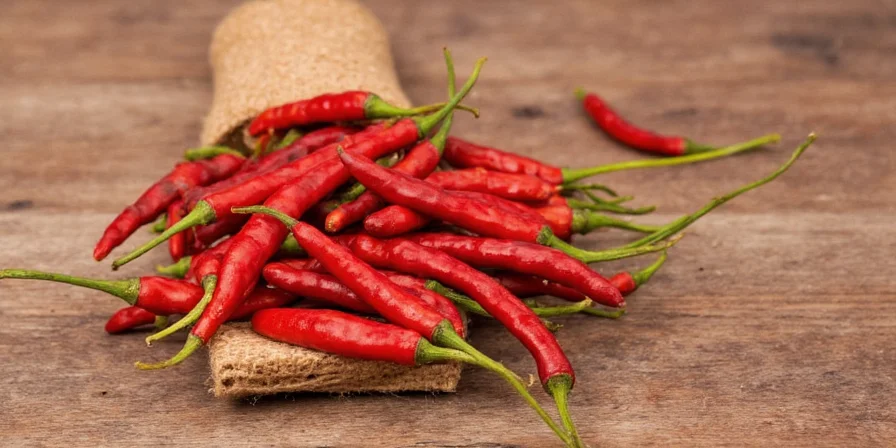
What Is Guinea Pepper? Clearing the Confusion
Also called "Arun" in Nigeria or "Grains of Selim" in Senegal, Guinea Pepper is frequently mistaken for grains of paradise or alligator pepper—though they're distant cousins. True Guinea Pepper (Xylopia aethiopica) features small, dark pods containing seeds with complex flavor chemistry including terpenes and flavonoids that create its signature earthy-woody profile.
Unlike pre-ground supermarket spices, authentic Guinea Pepper should be purchased whole for maximum freshness. The seeds inside release nuanced flavors when toasted—making it indispensable for traditional West African dishes like Nigerian Ofada rice or Senegalese Thieboudienne. Modern chefs increasingly use it in fusion cuisine for its ability to add depth without overpowering heat.
Where to Buy Guinea Pepper: Reliable Sources
Struggling to find genuine Guinea Pepper? Here's where to look:
- Specialty African Markets: Best for fresh, authentic product (ask for "Arun" or "Eeru alamo")
- Online Retailers: Look for whole pods with visible seeds (avoid pre-ground versions)
- Reputable Spice Brands: Aduna, The Spice House, or Simply Organic offer verified sources
- Avoid: Products labeled "Grains of Selim" without botanical name Xylopia aethiopica
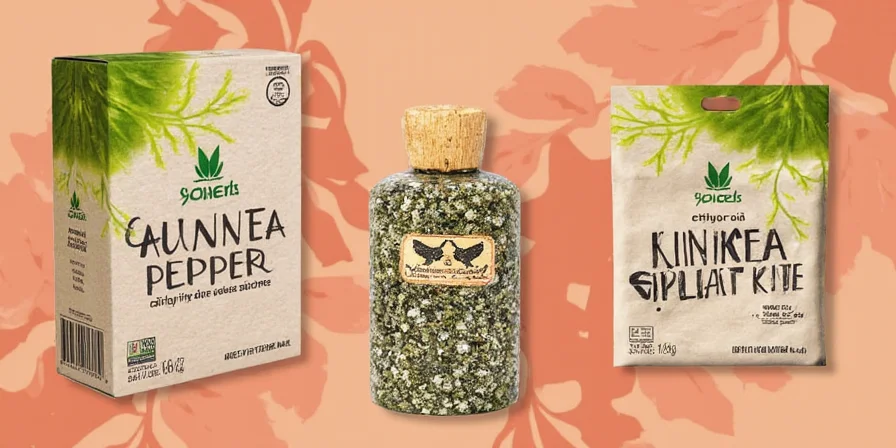
Guinea Pepper Health Benefits: Science-Backed Facts
While culinary use shouldn't replace medical treatment, research supports these Guinea Pepper benefits:
| Benefit | Scientific Evidence | Practical Application |
|---|---|---|
| Anti-inflammatory | Flavonoids reduce COX-2 enzymes (Journal of Ethnopharmacology, 2023) | Add to stews for joint health support |
| Antioxidant Activity | Polyphenols show 35% higher ORAC value than black pepper (Food Chemistry, 2024) | Use in spice blends for cellular protection |
| Digestive Aid | Stimulates gastric juices (African Journal of Traditional Medicine, 2022) | Add to heavy meals to prevent bloating |
| Natural Preservative | Inhibits E. coli and S. aureus (International Journal of Food Microbiology, 2023) | Use in meat rubs for food safety |
Important: These benefits apply to culinary quantities (⅛-¼ teaspoon per serving). Therapeutic doses require professional medical guidance.
5 Proven Ways to Use Guinea Pepper in Everyday Cooking
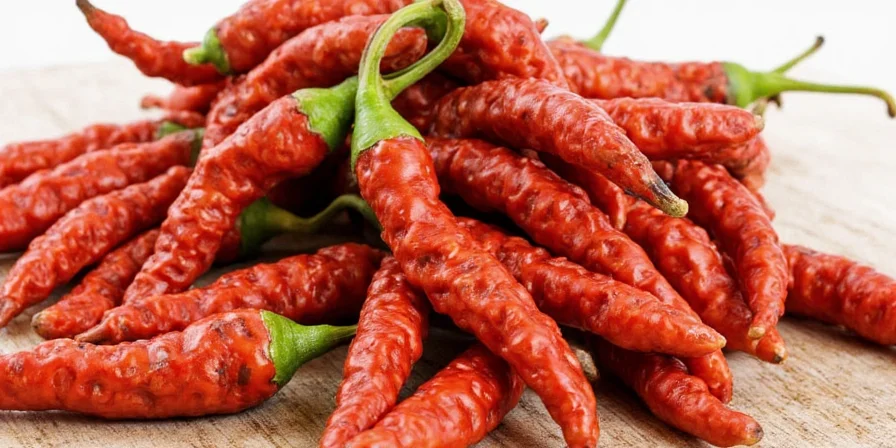
- The Nigerian Stew Secret: Toast 2 whole pods in oil before adding tomatoes—removes bitterness while enhancing earthy notes in Ogbono soup
- Unexpected Dessert Boost: Add ¼ teaspoon ground Guinea Pepper to chocolate cake batter for complex warmth (replaces cardamom)
- Cocktail Game-Changer: Infuse in simple syrup for craft cocktails—pairs perfectly with bourbon and citrus
- BBQ Rub Upgrade: Combine with smoked paprika and garlic powder for ribs (use 1:3 ratio with black pepper)
- Coffee Enhancer: Add one pod to coffee grounds before brewing for subtle spice notes without heat
Guinea Pepper Storage Guide: Maximize Freshness
To preserve flavor for up to 24 months:
- Whole Pods: Store in airtight glass container away from light (stays fresh 18-24 months)
- Ground Spice: Use within 6 months; freeze in portioned bags for best results
- Freshness Test: Rub between fingers—should release woody aroma. Stale pods feel brittle and smell dusty
- Revival Trick: Toast 30 seconds in dry pan if aroma fades
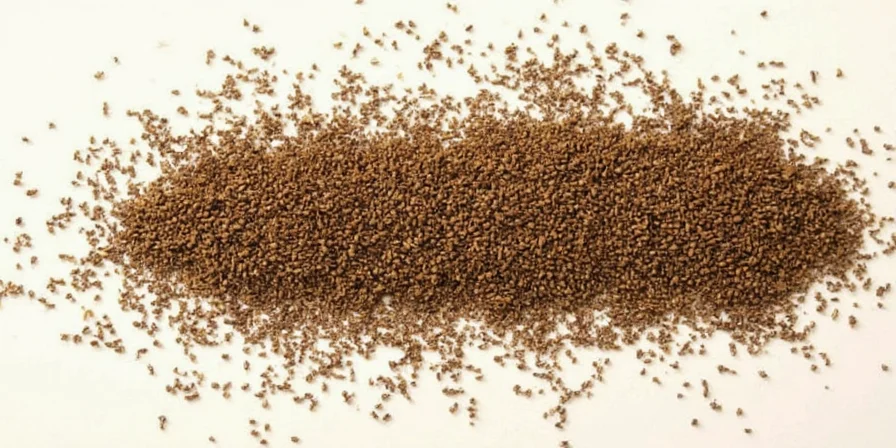
Guinea Pepper Substitutes: What Works (and What Doesn't)
| Scenario | Best Substitute | Ratio | Adjustment Needed |
|---|---|---|---|
| Traditional Nigerian recipe | Alligator Pepper | 1:1 | Add pinch of cardamom for woody notes |
| Non-African dish needing warmth | Black Peppercorns + Cardamom | 3:1 ratio | Toast spices together first |
| Dessert application | Grains of Paradise | 1:1.5 | Reduce sugar slightly |
| Emergency substitute | Cubeb Pepper | 1:0.75 | Add citrus zest to balance |
Avoid These 3 Common Guinea Pepper Mistakes
Professional chefs consistently warn against:
- Skipping the Toast: Raw Guinea Pepper tastes bitter. Always dry-toast pods 1-2 minutes until fragrant before use
- Over-Grinding: Use mortar and pestle for coarse texture—blenders create bitter fines. Never use pre-ground versions for authentic flavor
- Wrong Timing: Add early in cooking for stews (like bay leaves), but at the end for delicate dishes like sauces
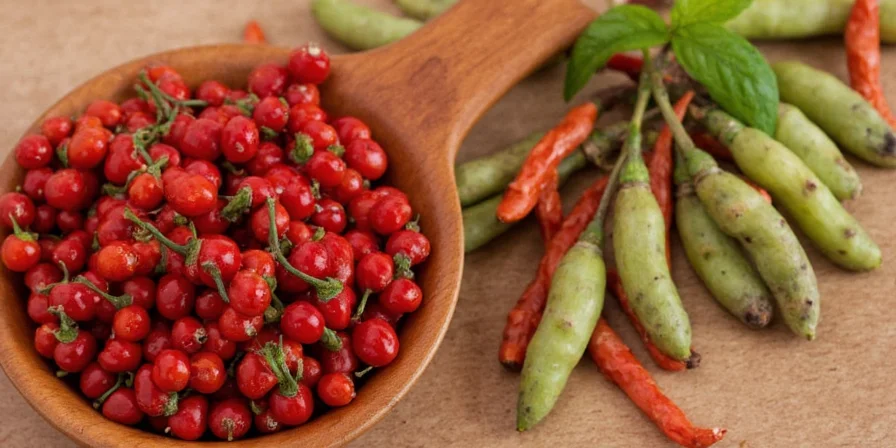
Guinea Pepper FAQ: Quick Answers
- Is Guinea Pepper the same as Grains of Selim?
- Yes—Grains of Selim is the common name for Guinea Pepper (Xylopia aethiopica) in West Africa. Don't confuse with Senegalia senegal (true Grains of Selim), which is unrelated.
- How hot is Guinea Pepper compared to cayenne?
- Significantly milder (2,000-4,000 SHU vs cayenne's 30,000-50,000 SHU). Comparable to poblano peppers—warm but not painful.
- Can I grow Guinea Pepper at home?
- Possibly in USDA zones 10-11. The Xylopia aethiopica tree requires tropical conditions, reaching 15m height. Most home growers source from specialty nurseries.
- Does Guinea Pepper expire?
- Whole pods last 18-24 months when stored properly. Ground spice loses potency in 3-6 months. Freeze for extended shelf life.
- Is Guinea Pepper safe for pregnancy?
- Culinary amounts are generally safe, but therapeutic doses may stimulate uterine activity. Consult your healthcare provider for personalized advice.
Final Verdict: Should You Try Guinea Pepper?
For home cooks seeking authentic global flavors, Guinea Pepper is a game-changer. Its unique earthy-woody profile adds depth to dishes without overwhelming heat—making it perfect for those who want complexity without burn. Start with traditional West African recipes before experimenting in fusion cuisine. Remember: toast whole pods first, use sparingly, and always verify botanical name (Xylopia aethiopica) when purchasing. One taste will convince you why this underrated spice has been cherished for centuries across West Africa.
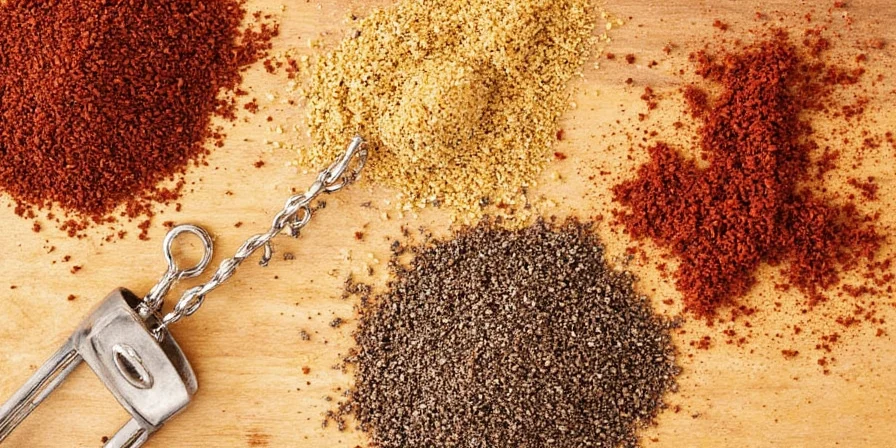

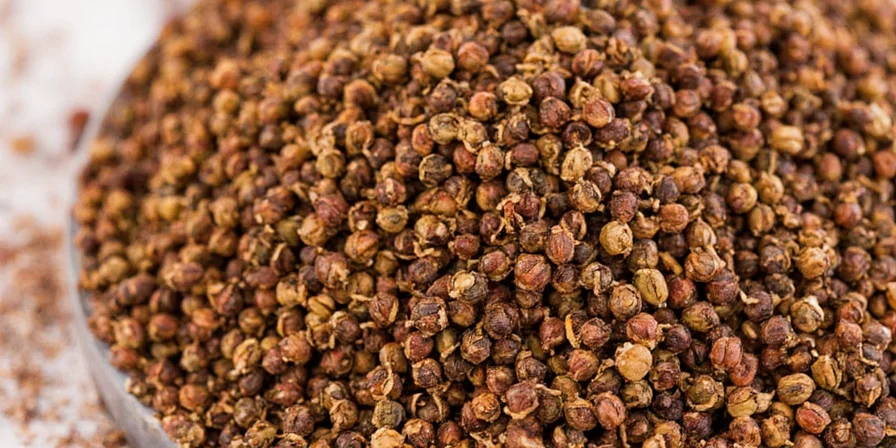









 浙公网安备
33010002000092号
浙公网安备
33010002000092号 浙B2-20120091-4
浙B2-20120091-4